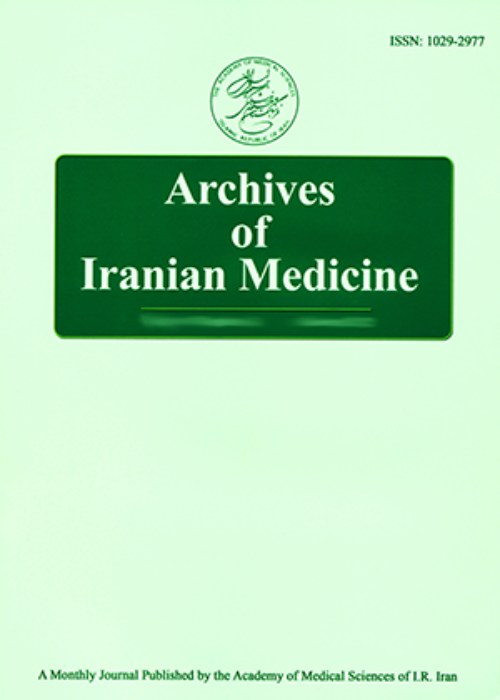Meta-analyses: Does Long-term PPI use Increase the Risk of Gastric Premalignant Lesions?
Author(s):
Abstract:
Background
Proton pump inhibitors (PPIs) are the most effective agents available for reducing acid secretion. They are used for medical treatment of various acid-related disorders. PPIs are used extensively and for extended periods of time in gastroesophageal reflux disease (GERD). A troublesome issue regarding maintenance therapy has been the propensity of PPI-treated patients to develop chronic atrophic gastritis while on therapy that could theoretically lead to an increased incidence of gastric cancer. In addition, animal studies have raised concern for development of enterochromaffin-like cell hyperplasia and carcinoid tumors in the stomachs of mice receiving high dose PPIs. Current literature does not provide a clear-cut conclusion on the subject and the reports are sometimes contradictory. Therefore, this study is a systematic review of the available literature to address the safety of long-term PPI use and its relation to the development of malignant/premalignant gastric lesions.Methods
A literature search of biomedical databases was performed. The reference lists of retrieved articles were reviewed to further identify relevant trials. We hand-searched the abstracts of the American Digestive Disease Week (DDW) and the United European Gastroenterology Week (UEGW) from 1995 to 2013. Only randomized clinical trials (RCTs) that used PPIs as the primary treatment for at least six month versus no treatment, placebo, antacid or anti-reflux surgery (ARS) were included. Two reviewers independently extracted the data. Discrepancies in the interpretation were resolved by consensus. All analyses of outcomes were based on the intention-to-treat principle. We performed statistical analysis using Review Manager software. The effect measure of choice was relative risk (RR) for dichotomous data.Results
Six RCTs with a total of 785 patients met the inclusion criteria. Two multicenter RCTs compared Esomeprazole with placebo. One RCT compared omeprazole with ARS. Two RCTs compared omeprazole with ranitidine and one RCT compared lansoprazole with ranitidine. Four of the included RCTs had moderate risk of bias and two had low risk of bias. The number of patients with increased corporal atrophy score, intestinal metaplasia score and chronic antral inflammation did not statistically differ between the PPI maintenance group and controls. Similar results were found when ECL-cell hyperplasia was assessed between the groups.Conclusions
Maintenance PPIs did not have an association with increased gastric atrophic changes or ECL-cell hyperplasia for at least three years in RCTs.Keywords:
Language:
English
Published:
Archives of Iranian Medicine, Volume:16 Issue: 8, Aug 2013
Page:
449
magiran.com/p1158754
دانلود و مطالعه متن این مقاله با یکی از روشهای زیر امکان پذیر است:
اشتراک شخصی
با عضویت و پرداخت آنلاین حق اشتراک یکساله به مبلغ 1,390,000ريال میتوانید 70 عنوان مطلب دانلود کنید!
اشتراک سازمانی
به کتابخانه دانشگاه یا محل کار خود پیشنهاد کنید تا اشتراک سازمانی این پایگاه را برای دسترسی نامحدود همه کاربران به متن مطالب تهیه نمایند!
توجه!
- حق عضویت دریافتی صرف حمایت از نشریات عضو و نگهداری، تکمیل و توسعه مگیران میشود.
- پرداخت حق اشتراک و دانلود مقالات اجازه بازنشر آن در سایر رسانههای چاپی و دیجیتال را به کاربر نمیدهد.
In order to view content subscription is required
Personal subscription
Subscribe magiran.com for 70 € euros via PayPal and download 70 articles during a year.
Organization subscription
Please contact us to subscribe your university or library for unlimited access!


